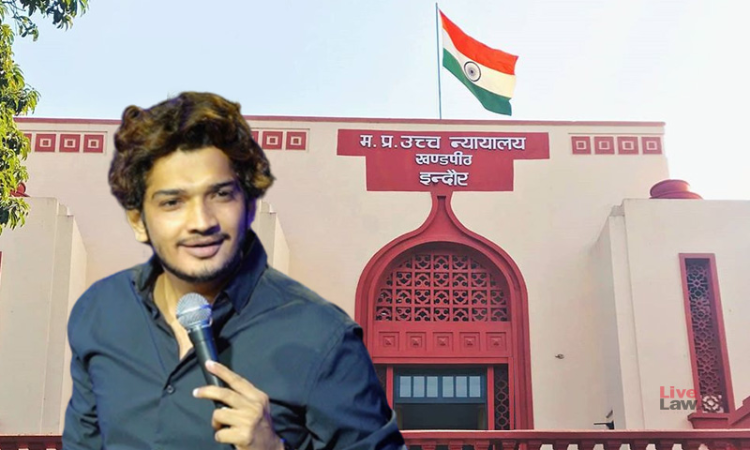Next Story
28 Jan 2021 5:50 PM IST
Munnawar Faruqui was arrested by the Madhya Pradesh police for allegedly making obscene jokes about deities and politicians, in a case registered against him and some others which invoked offences such as Section 295-A IPC that are cognizable and non-bailable (more on that later). After some weeks, on 28th January the High Court of Madhya Pradesh dismissed what was a third bail application...

